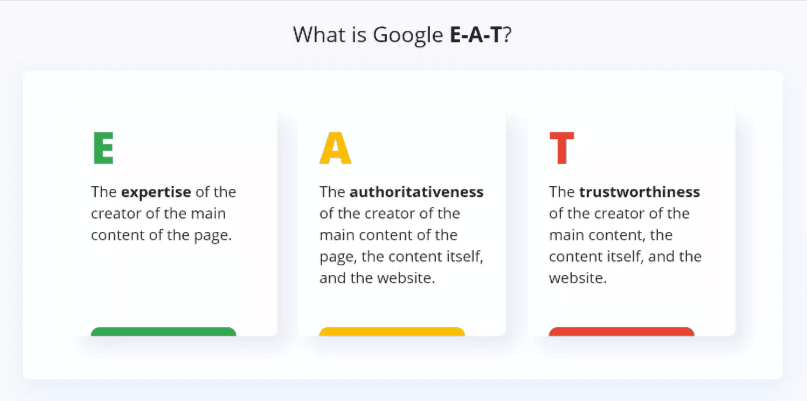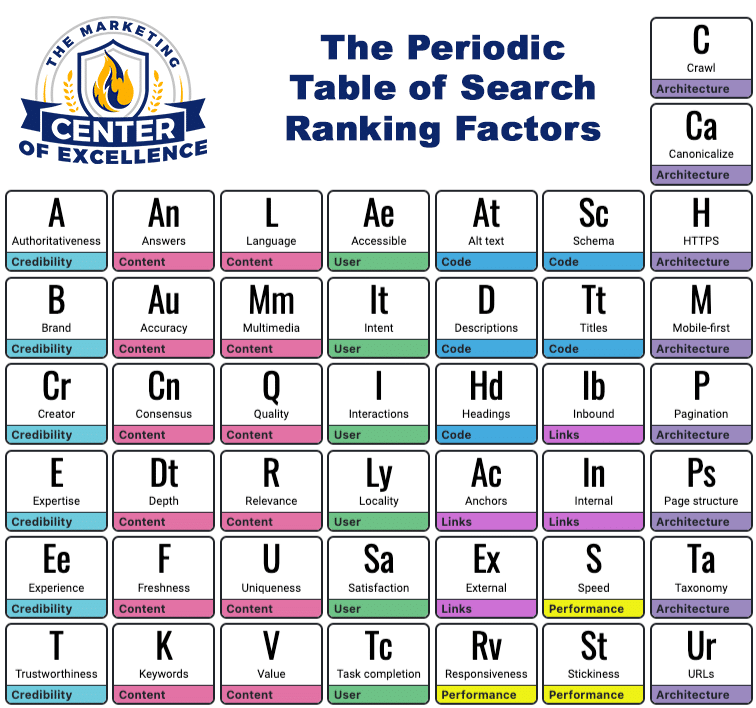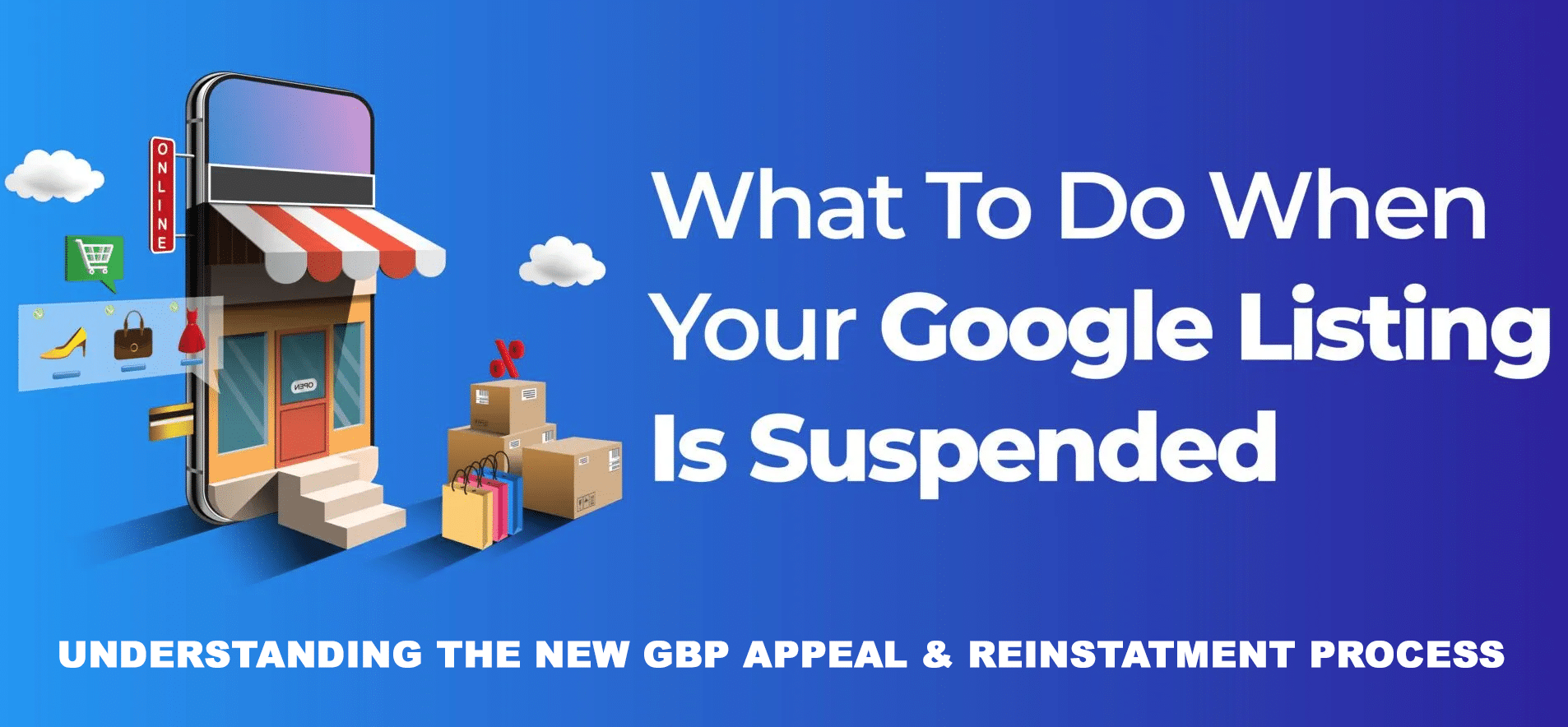Table of Contents
- 1 What Are E-A-T and YMYL in SEO?
- 1.1 Why is this important?
- 1.2 So how can I optimize my website for E-A-T?
- 1.3 What is an E-A-T score? I haven’t heard of that before.
- 1.4 What are some things that experts do to optimize for E-A-T that normal people wouldn’t do?
- 1.5 What are some SEO research tools that experts use to optimize for E-A-T that normal people don’t use?
- 2 What are some unique strategies to help me build authority in my niche?
- 3 What are the hallmarks of, or best practices for, producing quality, well-researched content?
- 4 About the Marketing Center of Excellence
What Are E-A-T and YMYL in SEO?
According to Google E-A-T stands for “Expertise, Authoritativeness, and Trustworthiness.” These are three criteria that are incredibly important for determining the quality of a website. YMYL, on the other hand, stands for “Your Money or Your Life,” and is a term used to describe websites that deal with sensitive subjects that can or do have a significant impact on people’s well-being or financial stability – basically, their money or their life. So industries like healthcare, finance, home services, locksmiths and similar fall into the YMYL category for greater scrutiny, validation, and verification.
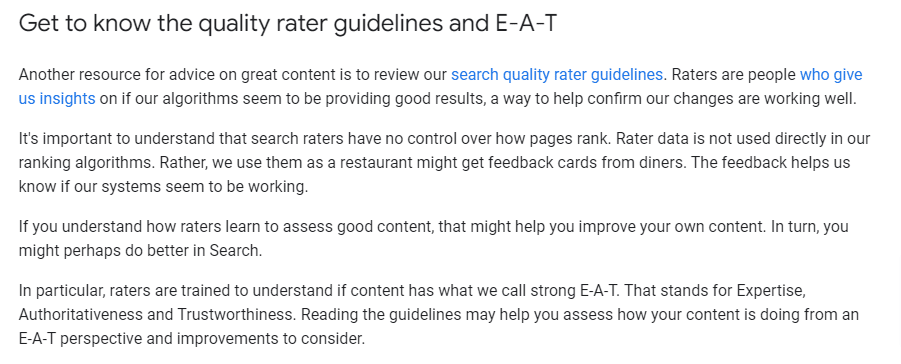
Why is this important?
Google E-A-T and YMYL are important for online search engine optimization (SEO). They are both factors (with many sub-factors) that Google’s search algorithm identifies when crawling, rendering, and ranking websites in its search results. By focusing on quality content and optimizing your website for E-A-T and YMYL, you will be able to improve your website’s ranking and visibility on Google, which will typically result in more qualified traffic to your site as long as you have your target audience dialed in.
If this wasn’t enough to convince you, this is why paying attention to E-A-T in your content strategy is so important… “E-A-T is used in “every single query” for “every single result” – HJ Kim, VP of Search at Google
So how can I optimize my website for E-A-T?
There are several ways to optimize your website for E-A-T, which really starts with writing helpful, people-first content.
Some potential strategies to build or demonstrate expertise, authority, and trust include:
- Creating high-quality, well-researched content: One of the key components of E-A-T is expertise, so creating in-depth, well-written content on your website can help demonstrate your knowledge and expertise on the topics you cover.
- Building your brand and site reputation: Authoritativeness and trustworthiness are also important factors in Google E-A-T. To build your website’s reputation, you can try to get mentioned or linked to by other reputable websites and work on building a positive online presence through social media and other online channels.
- Providing transparent information about your website and its authors: Google has stated that it values transparency, so providing clear information about who is behind your website and what their qualifications are can help improve your E-A-T score. This means real people at a company need to be setup as authors as a best practice.
- Addressing any trust or credibility issues: If your website has any trust or credibility issues, such as a history of publishing low-quality content or a high bounce rate, addressing these issues can help improve your E-A-T score. Improve your core web vitals. Get more reviews. Build trust everywhere you can by adding value with, yep, #1 above, great content!
What is an E-A-T score? I haven’t heard of that before.
E-A-T score or E-A-T scoring is not a formal term used by Google or any other search engine. It is a term that is sometimes used informally by SEO experts to refer to a website’s performance in terms of the criteria established for demonstrating quality in the form of showing expertise in your content which is written by a real author at the company. Since Google does not publicly release information about its algorithm or the factors it uses to rank websites, it is not possible to determine a website’s exact E-A-T score. However, by following the strategies mentioned earlier, you can work on improving your website’s performance in terms of E-A-T and potentially improve its ranking in Google’s search results. Remember: it’s all about quality content that demonstrates a superior knowledge of the subject.

What are some things that experts do to optimize for E-A-T that normal people wouldn’t do?
- Conducting extensive keyword research and using advanced SEO techniques to ensure that their content is optimized for search engines. Most normal people writing a blog article aren’t taking the approach of an expert. Good keyword and market research lay the foundation to great content.
- Using specialized tools and software to track and analyze their website’s performance and identify areas for improvement. Tools of the trade as they say. Experts have them and use them in their efforts to be known as the “expert” or the “authority” in their field or niche.
- Collaborating with other websites and experts in their field to build their reputation and gain backlinks. Syndicate your content. Share your content. Promote your content!
- Investing in high-quality design and user experience to improve their website’s credibility and trustworthiness. We all know an expert piece of content when we encounter it and most often, that content looks good. There are nice images, relevant videos that accompany the content to add depth and more value. Take time and put thought into your delivery. It’s not just about the words. Engage people with as many of their senses as you can!
- Continuously monitoring and adapting their SEO strategy to keep up with changes in search engine algorithms and the broader digital landscape. This is obvious but bears repeating… experts stay on top of their game. They adjust and change when the game dictates so stay up to speed on what’s happening in your niche or subject matter.
Overall, optimizing for E-A-T requires a deep understanding of SEO and a strategic, long-term approach. It is not something that can be done quickly or easily, and it may require a significant investment of time and resources. Expect it to be a challenge but a fun endeavor!
What are some SEO research tools that experts use to optimize for E-A-T that normal people don’t use?
There are many keyword research tools available, and the best one for you will depend on your specific needs and budget. Some popular keyword research tools for SEO include:
- Google Keyword Planner: This is a free tool offered by Google that allows you to research keywords and see how often they are searched for on Google.
- SEMrush: This is a comprehensive SEO tool that includes a keyword research feature, as well as other tools for tracking your website’s performance and identifying areas for improvement.
- Ahrefs: This is another all-in-one SEO tool that includes a keyword research feature, as well as tools for tracking your website’s backlinks and analyzing your competitors’ SEO strategies.
- KWFinder: This is a tool specifically designed for keyword research, with a user-friendly interface and a range of features to help you find the right keywords for your website.
- Keywordtool.io: This is a free keyword research tool that uses Google’s autocomplete data to generate keyword ideas based on a seed keyword.
- My personal favorite is a new one. On-page.ai is something different and special. I love it and highly recommend you check it out! If you want to see a live demo of us using On-Page.ai in research and writing, watch the YouTube video replay of November’s masterclass below.
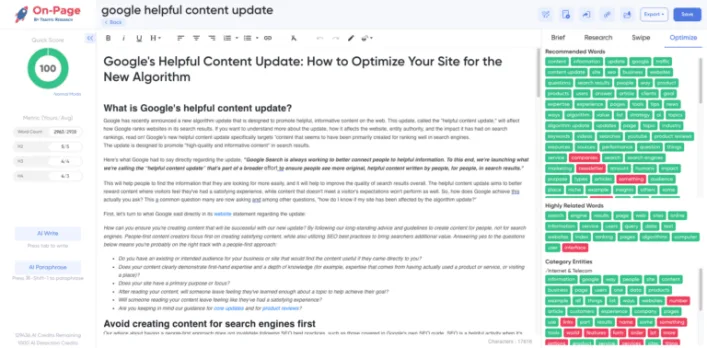
Try multiple tools but beware of shiny object syndrome too. Ask for recommendations from other members of your niche or center of excellence. The list above is a short but proven list of quality tools you can use to help write quality, people-first content that demonstrates the qualities of EAT.
What are some unique strategies to help me build authority in my niche?
There are several different strategies you can use to build authority in your niche. Let’s dive into a few…
- Mentioned already but applies to this question too…Creating high-quality, well-researched content: By creating in-depth, informative content on your website, you can establish yourself as an expert in your field and build your reputation as a trustworthy source of information.
- Collaborating with other experts: By collaborating with other experts in your field, you can gain access to their audience and build your reputation through association. You can do this by guest posting on their websites, being interviewed by them, or co-authoring content together. Start a podcast and interview experts in your niche. Ask other experts to write a guest post on your site and ask for reciprocity. There are a number of ways to collaborate with other experts in your field.
- Building relationships with influencers: Influencers are people with a large following in your niche who can help promote your content and build your reputation. You can build relationships with influencers by commenting on their posts, sharing their content, and engaging with them on social media.
- Participating in relevant online communities: By participating in online communities related to your niche, you can build relationships with other people in your field and establish yourself as a knowledgeable and helpful member of the community. This can help to build your reputation and authority over time.
- Creating and promoting high-quality visuals: As humans, we learn with all of our senses. Many, many people learn visually so in addition to written content, creating and promoting high-quality visuals, such as infographics and videos, can help you stand out and build your authority in your niche. These types of content can be shared easily on social media and other online platforms, helping to increase your visibility and reach. When you stand out, people remember you. This is a big part of the process of becoming known as the authority or the #1 expert in your chosen field or niche. People have to remember you so use visuals wherever you can!
What are the hallmarks of, or best practices for, producing quality, well-researched content?
The hallmarks of quality, well-researched content can vary depending on the specific topic and audience, but some general characteristics might include:
- Providing accurate and up-to-date information: Quality content is based on accurate and reliable information. To ensure that your content is well-researched, you should verify your sources and double-check your facts.
- Being in-depth and comprehensive: Well-researched content goes beyond surface-level information and provides a detailed and comprehensive look at the topic at hand. Dig into the topic deeper than most. That’s what experts do…
- Using credible sources: Cite the experts! Quality content should be based on credible sources, such as academic journals, government websites, and reputable news outlets.
- Providing unique perspectives or insights: In addition to providing accurate information, quality content should also offer unique perspectives or insights that add value for the reader. It’s always a great strategy to drop links to other quality sources and Google search will lead you to those “authoritative” sources on any given topic.
- Being well-written and easy to understand: Well-researched content should be written in a clear and concise manner that is easy for the reader to understand. It should be free of typos, grammar errors, and other mistakes. Content that has several to many mistakes does not convey quality or expertise. With tools like spell check, Grammarly and more, there really is no excuse for publishing content riddled with mistakes.
Overall, the hallmarks of quality, well-researched content are accuracy, depth, credibility, uniqueness, and clarity. By creating content that meets these standards, you can help establish yourself as a trustworthy source of information and build your reputation as an expert in your field. Namely, building E-A-T online through your content strategy and quality execution and follow-through with promoting and syndicating it across multiple platforms and channels.
What does the term “best practices” mean?
The term “best practices” refers to a set of guidelines or recommendations that are considered to be the most effective or efficient way to achieve a particular goal. In the context of SEO, best practices are the recommended strategies and techniques for improving a website’s ranking and visibility in search engine results. These practices are based on the collective experience and expertise of SEO experts and are designed to help websites achieve the best possible results from their SEO efforts. Best practices can change over time as search engines update their algorithms and the digital landscape evolves, so it is important for SEO professionals to stay up-to-date on the latest best practices in their field.
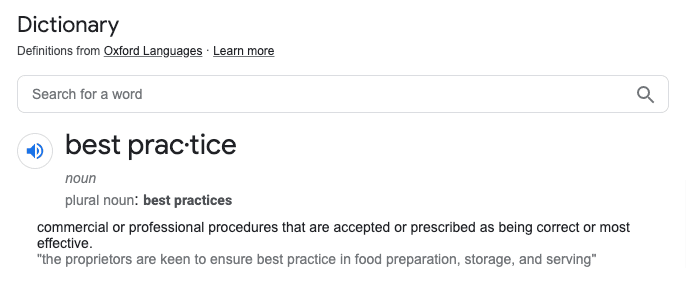
About the Marketing Center of Excellence
The Marketing Center of Excellence is a community of marketers and agency owners that collaborate and provide leadership, best practices, research, support, training, software, and digital technology to help community members drive performance and scale their agencies.
For more information about the marketing podcast, visit The Marketing Center of Excellence website at https://themarketingcoe.com. The team can be reached by email at [email protected]
You can also listen to our podcast on Spotify, Google Podcasts, Amazon Music, Apple Podcasts, Stitcher and Podcast.co.


